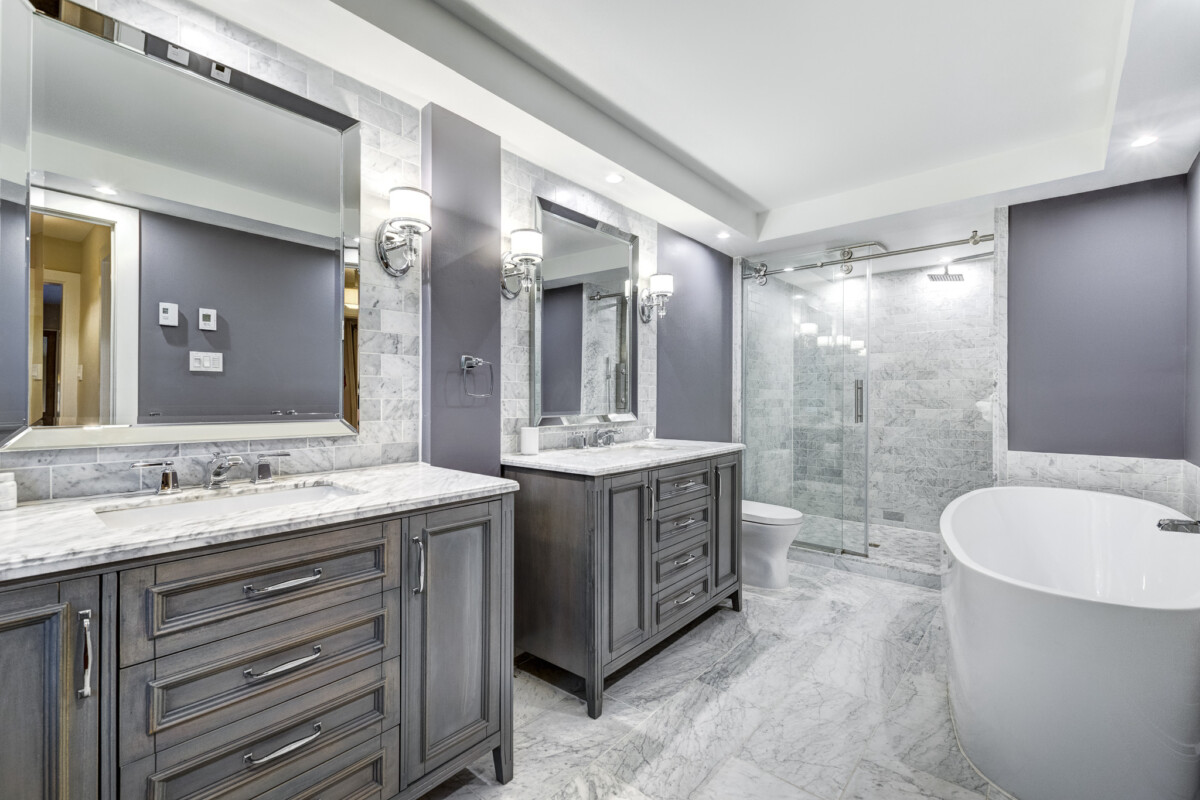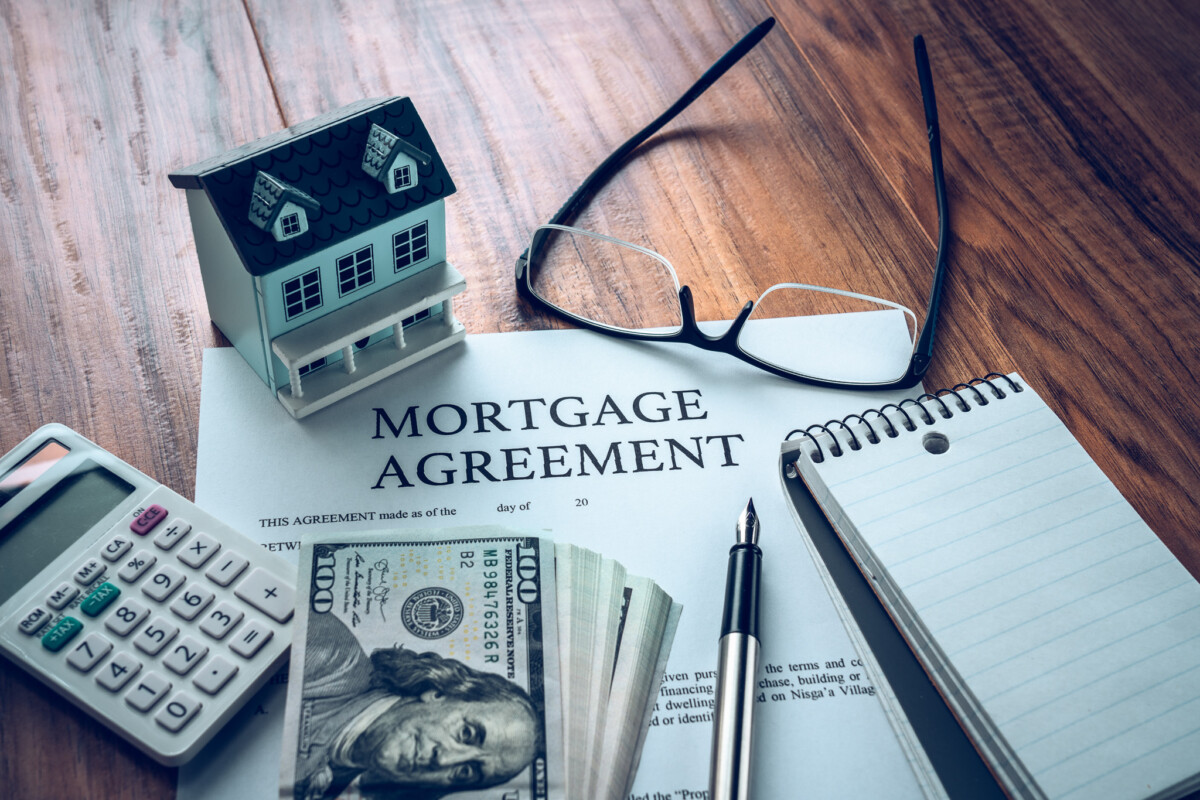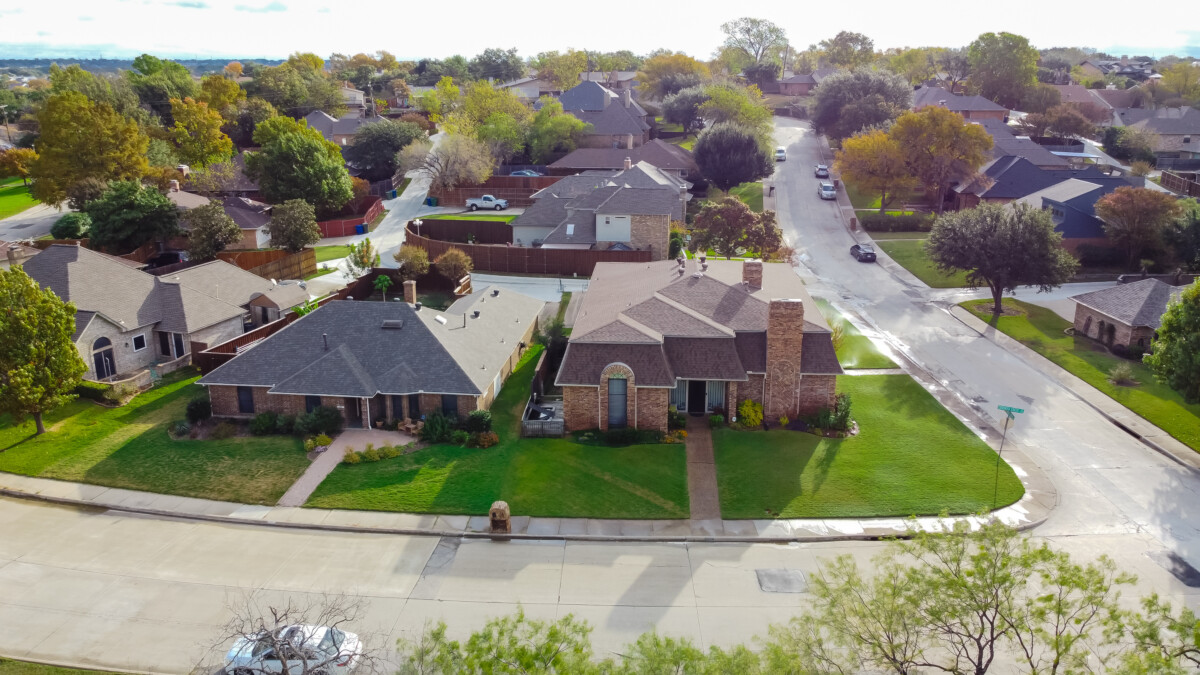House flipping has become a popular real estate investment strategy, allowing investors to buy undervalued properties, renovate them, and sell them for a profit. However, understanding financing options is crucial to succeeding in this competitive arena. Selecting the best loan for flipping houses can significantly impact your profitability and ability to manage cash flow during renovations. This article will explore the various loan options available for house flipping, their pros and cons, and how to choose the best one for your investment strategy.
Understanding House Flipping
Before delving into loan options, it’s essential to grasp what house flipping entails. The process typically involves:
- Identifying a Suitable Property: Investors look for properties that are undervalued or need repairs, often located in desirable neighborhoods.
- Financing the Purchase: Acquiring property funding is a critical first step.
- Renovating the Property: Investors make necessary repairs and upgrades to enhance the property’s value.
- Selling the Property: After renovations, the property is listed for sale, ideally at a price that covers all expenses and provides a profit.
The timeline for flipping houses can be tight, often requiring quick access to funds to capitalize on market opportunities. Therefore, understanding the various loan options and their associated terms is essential for successful flipping.
Hard Money Loans
Hard money loans are short-term loans secured by real estate, typically provided by private investors or companies. Due to their quick approval process and flexibility, real estate investors often use these loans for property flips.
Pros:
- Fast Approval: Hard money loans can often be approved in as little as a week, allowing investors to act quickly on potential deals.
- Less Emphasis on Credit Scores: While traditional lenders heavily weigh credit scores, hard money lenders focus more on the property’s value and potential.
- Flexible Terms: Lenders may offer more flexible terms tailored to the investor’s situation.
Cons:
- Higher Interest Rates: Hard money loans usually come with significantly higher interest rates than traditional loans, ranging from 8% to 15%.
- Short Loan Terms: These loans typically have short repayment terms, often six months to 3 years.
- Points and Fees: Hard money lenders may charge origination fees or points (a percentage of the loan amount), increasing overall costs.
Best For:
Investors who need quick financing and have confidence in their ability to renovate and sell the property within a short time frame.
Traditional Bank Loans
Traditional bank loans, such as mortgages, are a more conventional way to finance a house flip. These loans are typically longer-term and have more favorable interest rates than hard money loans.
Pros:
- Lower Interest Rates: Traditional loans generally offer lower interest rates, making them more affordable in the long run.
- Longer Terms: These loans often come with longer repayment terms, ranging from 15 to 30 years.
- Potential for Fixed Rates: Investors can lock in fixed interest rates, protecting against market fluctuations.
Cons:
- Longer Approval Process: Securing a traditional bank loan can take time, often several weeks, which may be detrimental in a fast-paced market.
- Strict Requirements: Banks typically require higher credit scores, income verification, and thorough documentation, which may only suit some investors.
- Down Payment: Investors often need to make a significant down payment, typically ranging from 10% to 20%.
Best For:
Investors who plan to hold onto the property longer or have a clear timeline for renovation and sale allow for the extended approval process.
FHA 203(k) Loans
FHA 203(k) loans are government-backed loans explicitly designed for purchasing and rehabilitating properties. These loans allow investors to borrow based on the property’s future value after renovations.
Pros:
- Low Down Payment: FHA loans typically require a lower down payment (as low as 3.5%), making them accessible to more investors.
- Financing for Repairs: Borrowers can finance the cost of renovations within the loan, reducing the need for separate funding.
- Government Backing: These loans are insured by the Federal Housing Administration, which may make lenders more willing to offer favorable terms.
Cons:
- Time-consuming Process: The approval process can be lengthy, and the property must meet specific FHA requirements.
- Owner-Occupancy Requirement: FHA 203(k) loans generally require the borrower to live in the property for a certain period, making them less suitable for pure investors.
- Limitations on Property Type: Not all properties qualify for 203(k) loans, so investors must ensure eligibility.
Best For:
Investors willing to occupy the property for a period after renovations or those who need financing for both purchase and repairs.
Cash Purchase
Purchasing a property outright with cash is one of the most straightforward options for flipping houses. Investors who have significant liquid assets may find this attractive.
Pros:
- No Interest Payments: Cash purchases eliminate interest payments, allowing investors to save on overall costs.
- Faster Transactions: Cash transactions can be completed quickly, often allowing investors to close on properties faster than those using loans.
- No Lender Requirements: Investors must not meet lender criteria or provide extensive documentation.
Cons:
- Liquidity Risk: Tying up a large amount of capital in a single property can pose risks, particularly if market conditions change.
- Opportunity Cost: Investors may miss out on other investment opportunities by using cash for one purchase.
- No Leverage: Using cash means foregoing the potential benefits of leveraging borrowed funds to increase investment returns.
Best For:
Experienced investors with sufficient capital who want to avoid the complexities and costs of financing.
Bridge Loans
Bridge loans are short-term loans that provide quick access to capital while the borrower secures more permanent financing. They are often used to “bridge” the gap between purchasing a new property and selling an existing one.
Pros:
- Quick Access to Funds: Like hard money loans, bridge loans can be approved and funded quickly.
- Flexibility: Borrowers can use bridge loans to acquire properties while waiting to secure long-term financing.
- Temporary Solution: These loans are ideal for short-term needs and can be paid off once a property is sold or refinanced.
Cons:
- Higher Interest Rates: Bridge loans typically have higher interest rates than traditional loans.
- Short Loan Terms: These loans usually have terms of 6 months to 1 year, which may need to be revised for all house-flipping projects.
- Risk of Default: If the property does not sell quickly, investors may face financial strain and the risk of default.
Best For:
Investors need to act quickly and plan to sell or refinance the property within a short timeframe.
How to Choose the Best Loan for Flipping Houses
When selecting a loan option for house flipping, consider the following factors:
- Investment Strategy: Your overall strategy will dictate which loan option is best. If you plan to flip properties quickly, demanding money or bridge loans may be preferable. Traditional bank loans may suit you better if you aim for a more extended hold.
- Financing Speed: If time is of the essence, choose a loan with faster approval, like hard money or cash purchases. Traditional loans can slow down the process.
- Interest Rates and Fees: Analyze the total cost of borrowing, including interest rates, points, and fees. Lower rates are beneficial but consider the overall financing structure.
- Property Condition: If you’re dealing with properties that require significant renovations, options like FHA 203(k) loans or hard money loans may be more appropriate.
- Personal Financial Situation: Consider your credit score, income, and available assets when evaluating loan options. Some loans have stricter qualification criteria than others.
- Market Conditions: The current real estate market can influence the best loan choice. In a competitive market, having fast access to cash may give you an edge.
Conclusion
House flipping can be profitable when approached with the right financing strategy. Understanding the different loan options—hard money loans, traditional bank loans, FHA 203(k) loans, cash purchases, and bridge loans—will empower you to make informed decisions. Each option has unique benefits and challenges, so choose the one that best aligns with your investment goals, timeline, and financial situation.
By carefully selecting the best loan option for your house-flipping endeavors, you can confidently maximize your potential returns and navigate the real estate market. Remember to conduct thorough due diligence on properties, factor in renovation costs, and analyze the local market conditions to ensure a successful flip.












